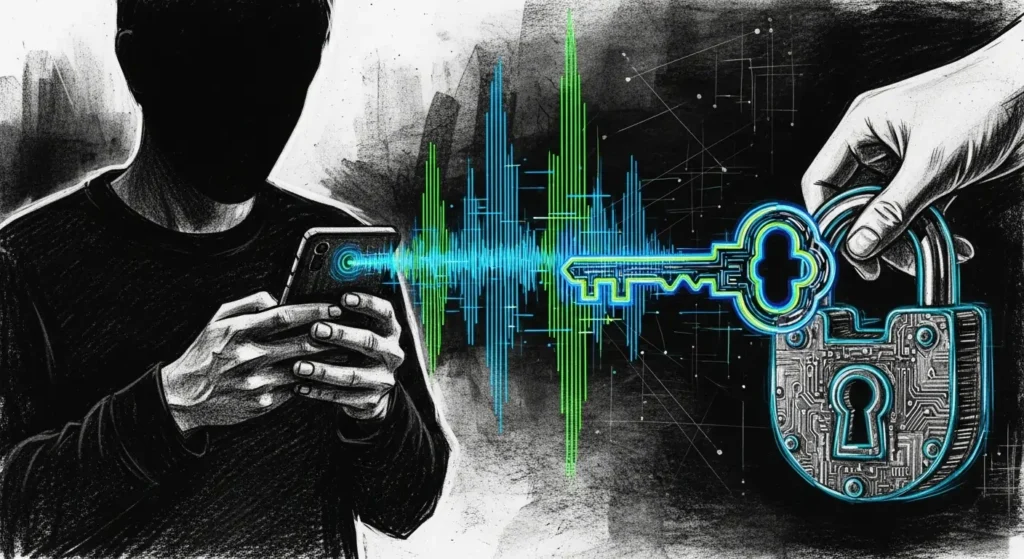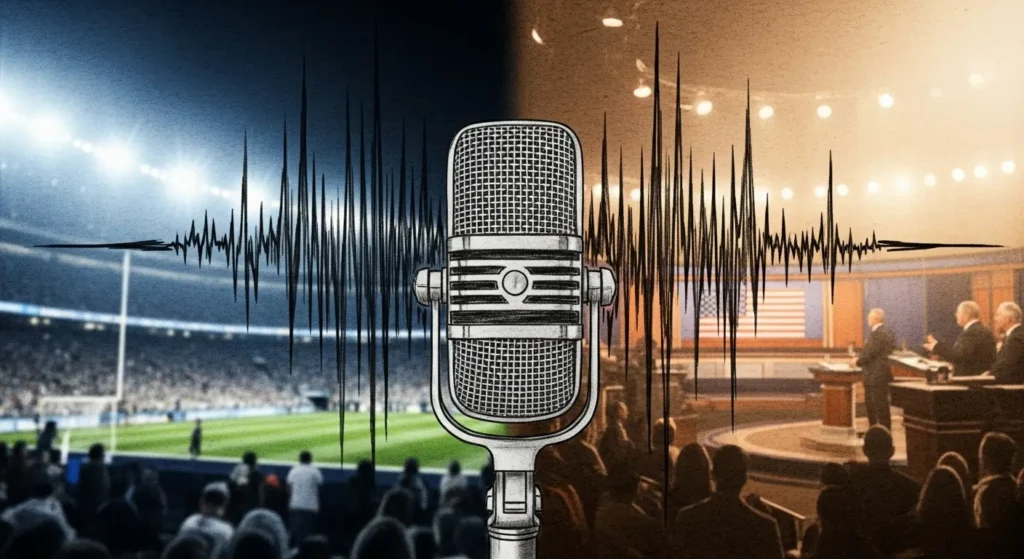A new study shows AI-Voice cloning are almost indistinguishable from real ones, raising concerns over fraud, misinformation, and identity theft.
Table of Contents
Voice Cloning Technology Reaches Human-Level Deception
A new peer-reviewed study published in the PLoS One journal has revealed a startling reality: most people can no longer reliably distinguish between AI-generated voices and the human voices they were cloned from. Conducted by researchers in 2025, the experiment found that participants correctly identified only 62% of real human voices.
Even more concerning, they mistook 58% of AI-cloned voices for genuine ones — leaving only a slim margin in detection accuracy.
AI Voices Now Sound Just Like Us
Voice cloning technology has advanced rapidly over the past few years.
Using sophisticated deep learning models, AI systems can replicate the pitch, tone, and inflections of any recorded voice with near-perfect precision.
The study’s findings suggest that the era of human-level deception in synthetic speech is no longer speculative — it is here.
“The difference is so subtle that casual listeners often cannot tell them apart,” said one of the lead researchers.
Why This Matters

Such indistinguishable audio presents critical dangers:
- Fraud and Scams: Criminals could impersonate voices to trick family members, customers, or businesses.
- Misinformation: Fake audio clips could be used to spread harmful or false narratives.
- Identity Theft: Personal voice data may be exploited without consent for malicious purposes.
How the Experiment Worked
Researchers played audio clips to participants.
Some clips were authentic recordings of human voices.
Others were AI-generated using cutting-edge cloning algorithms.
Participants had to judge whether each clip was real or fake.
The result — nearly a tie between accuracy on real and fake voices — confirmed the technology’s maturity.
Rising Threats in Sports, Politics, and Business

While synthetic voice deception affects all industries, sports personalities are particularly at risk.
Imagine a fabricated audio of a coach announcing controversial decisions, or a star athlete seemingly making inflammatory remarks.
Such incidents could spark outrage, damage reputations, and disrupt events — all fueled by advanced voice cloning.
Can We Detect AI Voices?

Current detection tools still lag behind in accuracy.
AI developers are trying to embed digital watermarks into synthetic audio, but these measures are yet to become universal.
Cybersecurity experts stress that awareness is the first line of defense.
The Road Ahead
This study is a wake-up call.
As Voice Cloning Technology Reaches Human-Level Deception, regulations and security protocols must catch up.
Public education on the realities of AI-generated audio is now essential.
For readers interested in related developments, explore our coverage on deepfake video detection tools and synthetic media regulations.
Conclusion
Voice cloning is no longer just impressive — it’s indistinguishable.
From everyday communication to high-stakes sports commentary, AI voices can slip into conversations unnoticed.
This progress, while remarkable, demands immediate action to prevent misuse.
Voice Cloning Technology Reaches Human-Level Deception — and society must be ready.